Homeowners and electricians alike constantly debate the advisability of connecting a load wire to a line wire. While taking such a step could be necessary in some cases, it’s important to consider the potential hazards and outcomes before making a definitive choice. There are numerous factors that must be taken into account before deciding to proceed.
Electrical connection between a device or appliance and a power source is facilitated by a load wire – made of copper or aluminum, optimized to suitably carry the required current. Line wires, on the other hand, are suitable for connecting two electrical components or extending the supply of electricity from the source. Fashioned out of copper or aluminum to bravely manage considerable electrical current, these wires are an unbeatable power attendant.
When establishing communication between the load wire and the line wire, one of the major risks is that the load wire may not be sturdy enough to carry the current generated by the line wire, leading to an overheating issue. Depending on what kind of appliance or device is being connected, this might cause irreparable damage or even cause a fire. The line wire has a greater capacity, so if it’s not appropriately shielded by the load wire, it could expose the device or appliance to potentially hazardous levels of power.
When deciding to link a load wire to a line wire, one of the most pressing concerns is the voltage rating of the load wire. As load wires are measured in volts, the higher the rating, the more current capacity the wire holds. To keep safe, it’s crucial to compare that of the load and line wires and never attach them if the load has a smaller value. On top of that, it’s necessary to confirm the structure and arrangement is accurate to make sure that the load wire can safely manage the amount of current unleashed.
When handling electronic machinery, it is essential to be conscious of the insulation on the power cables used. Inadequate insulation can provoke an unsafe rise in temperature and increase the probability of a fire breaking out. Suitably, the wisest course of action is to go for a wire with top-tier safety protection that can sustain extreme levels of energy.
When deciding the right load wire and line wire for a project, the environment where they will be applied must be taken into account. Especially if these wires will be used outdoors, it is vital that proper insulation is provided, as this can reduce the likelihood of damage caused by high temperatures or other adverse conditions.
Ultimately, it is achievable to attach a load wire to a line wire but a few important matters must first be pondered. One must consider the voltage rating of the load wire, if it makes use of insulation and the atmosphere in which the connection is taking place. If these elements are weighed up accurately, linking a load wire to a line wire can be completed in a superior manner. However, when in hesitance or doubt, it would be best to contact an experienced electrician for confirmation that the wires are securely coupled.
When installing an electrical wiring system, it is essential to adhere to safety guidelines and complete the setup precisely. One of the common questions posed is if the load line can be connected to a line wire. This inquiry usually appears during the wiring installation process in residential and commercial structures.
Affirmatively, it is possible to bind a load wire to a line wire. This is usually accomplished in order to supply correct power to a particular device or piece of equipment, as well as to guarantee that the cabling is steady and safe. Yet it’s worth noting that there are various steps and factors that must be taken into consideration in order to securely attach a load wire to a line wire.
When joining a load wire with a line wire, the most crucial factor to take into account is the wires’ composition. It is generally preferable to utilize the exact same wire for the load as well as the line, minimizing any likelihood of hazardous occurrences. In cases wherein the line and load wires differ, be sure to verify that they are compatible or you may be unintentionally putting yourself at risk.
Connecting the wires together correctly is an important part of the process. Taking care to use a wire connector that’s suitable for the wires being used is essential for safety reasons. It’s crucial for these connectors to be the correct size and type as using the wrong ones can create hazards.
Once the wire connector has been tightly affixed, the second action is to link the load and line wires. This process typically calls for a wire nut, a small device which guarantees the wires stick together. It is fundamental to guarantee that the wire nut fits properly in terms of size and type for the wires being implemented; an erroneous size or variation of the wire nut can bring about an exceedingly hazardous situation.
Ultimately, after the load wire has been securely tied to the line wire, it is critical to guarantee that the junction is sufficiently sheltered. Normally, this is accomplished by utilizing electrical tape which is crafted to furnish a dependable and secure insulator between the two wires. Ensuring that the tape is correctly utilized and that it aligns with the exact type for the wire being used is critical because using any other type of tape could create a hazardous predicament.
By following the appropriate steps, it is possible to connect a load wire to a line wire in order to safely give power to a specific appliance or device. To ensure that the connection is safe, it is essential that the correct type of wire is utilized and the bond is firmly affixed and correctly insulated. Through these safeguards, anyone can securely fasten a load wire to a line wire.
Related Product
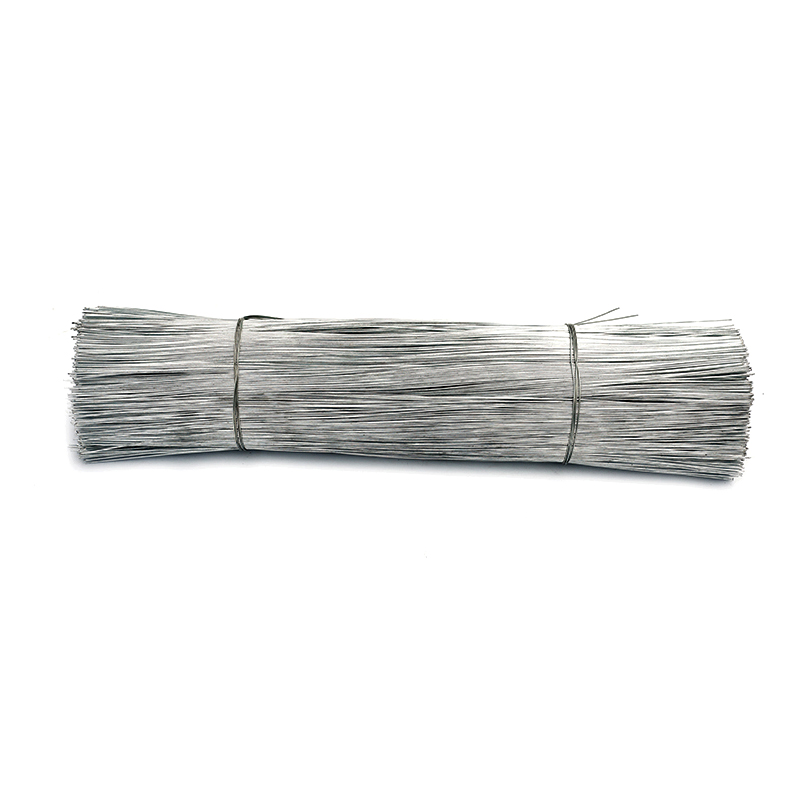
Cutting Wire
Product Description: Product Name Cutting Wire Zinc Coating 30-70g Place of Origin Chinese mainland Tensile Strength 33-50kg/mm2 Material Electro galvanizedHot dipped galvan […]
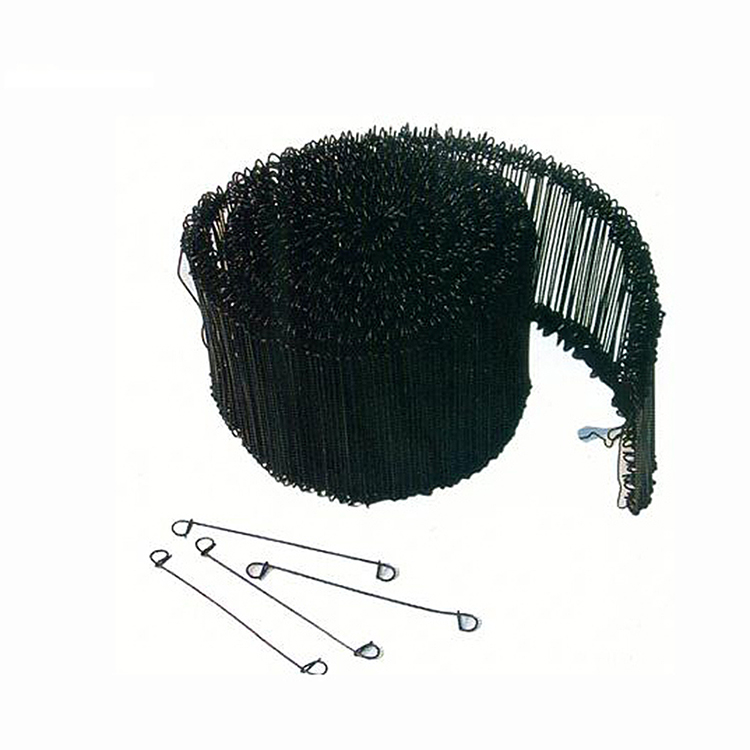
Double Loop Tie Wire
Double loop tie wire material Product Information: Wire diam. 0.5mm—2.0mm Finishes Black Annealed. Galvanized Annealed, Coppered, PVC coated, Stainless steel Wire gauge BWG6 […]
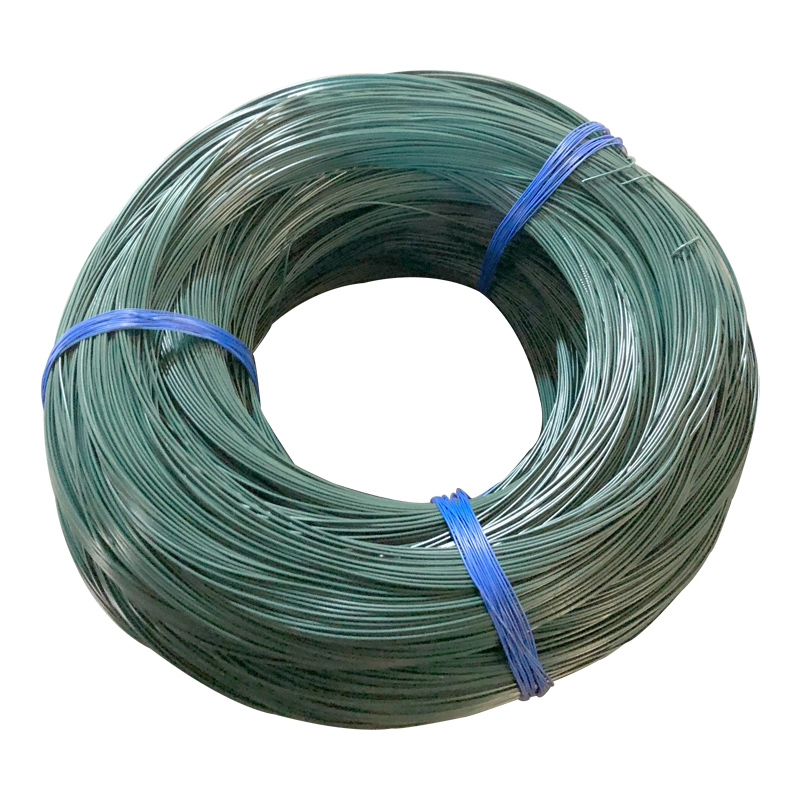
PVC Coated Wire
PVC coated wire, also called plastic coated wire, after high temperature dissolution cooled solid PVC particles uniformly wrapped in high-quality black iron wire and galvanized wi […]

Twister Tool
Handle Twister tool,plastic handle: Weight: 0.4kg Color: Black, blue,yellow ,red etc Material: Carbon Steel Plastic Handle Wire Tie / Tying Hook Tool Twister Wooden Handle […]
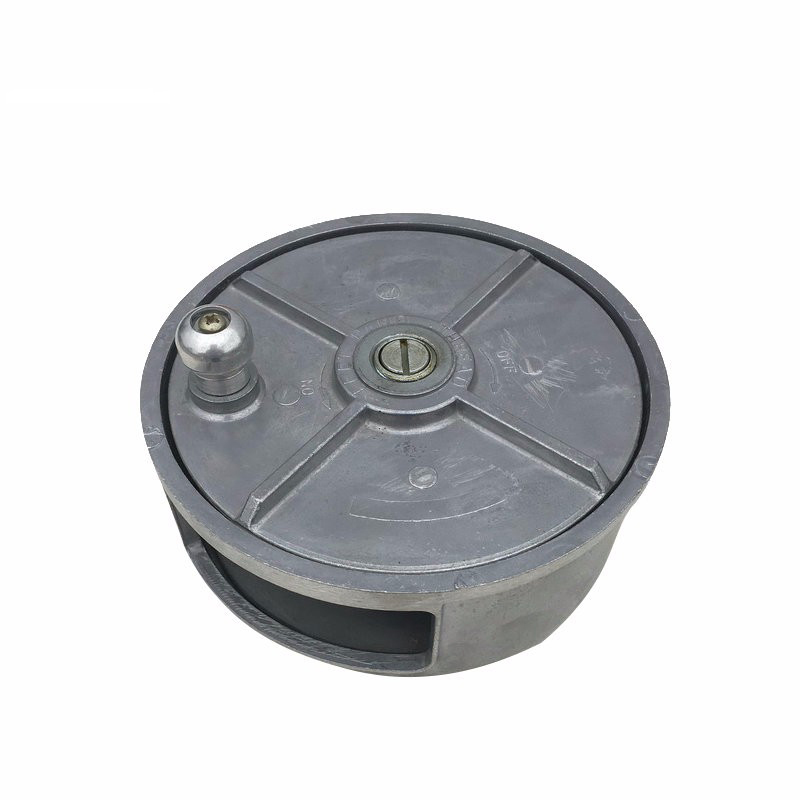
Reel Wire Tool
Product information: Specification of Aluminum Tie Wire Reel Material Plastic & Aluminum Weight 1.95LBS Application Binding Wire MOQ 1000pcs Sample Free Package 5PCS/CARTON &nb […]
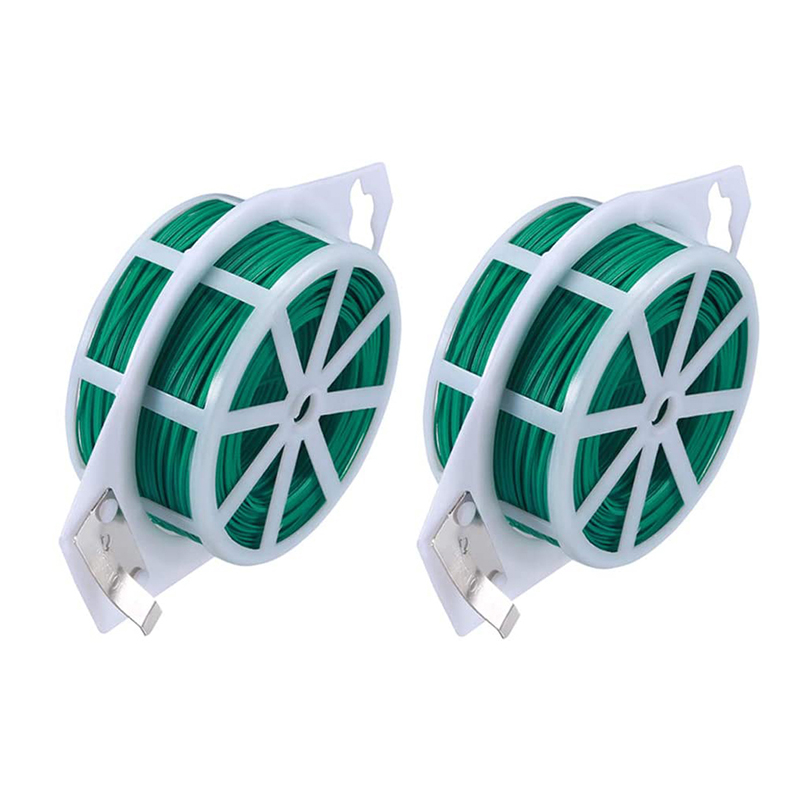
Garden Wire
Product information: The garden shingling is made of pvc plastic and high-quality galvanized iron wire, which is 3 to 4 times faster than any material, and the buckle is loose, the […]
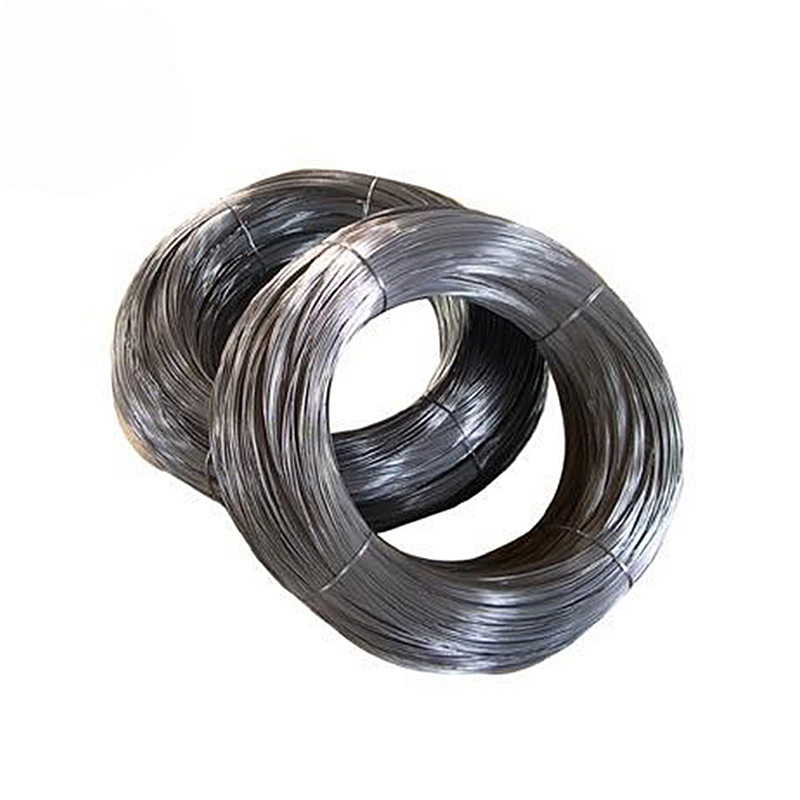
Galvanized Wire
Product information: Product Name Galvanized Wire Package 5kgs/roll, pp film inside and hassian cloth outside or pp woven bag outside 25kgs/roll, pp film inside and hassian […]
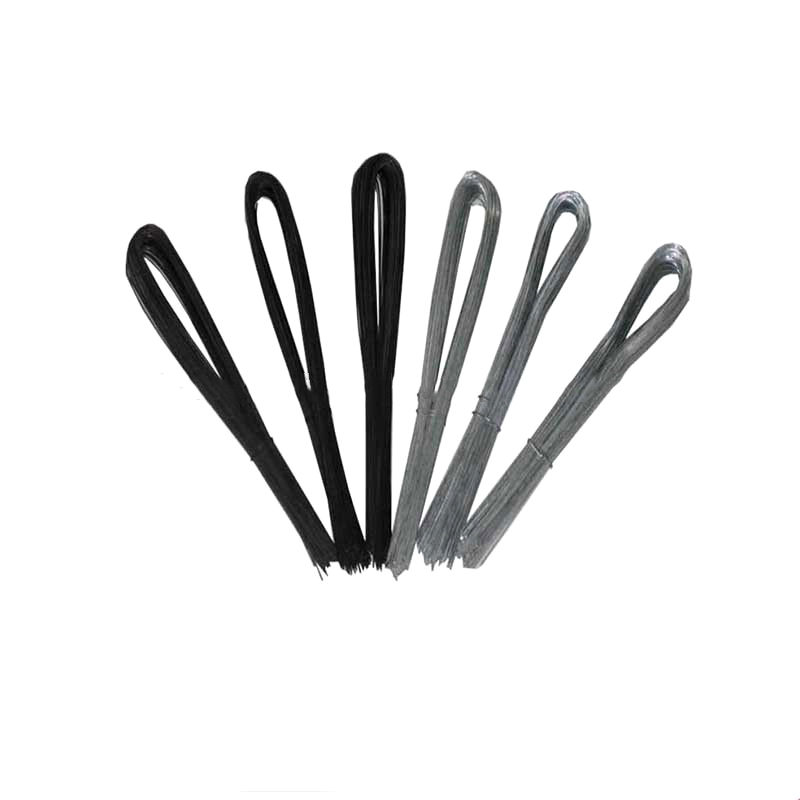
U Type Wire
Product information: Product Name Scaffolding Packing Galvanized Tie Wire Cuttings U Type Binding Wire Material Electro galvanized,hot dipped galvanized,black annealed,PVC coated W […]
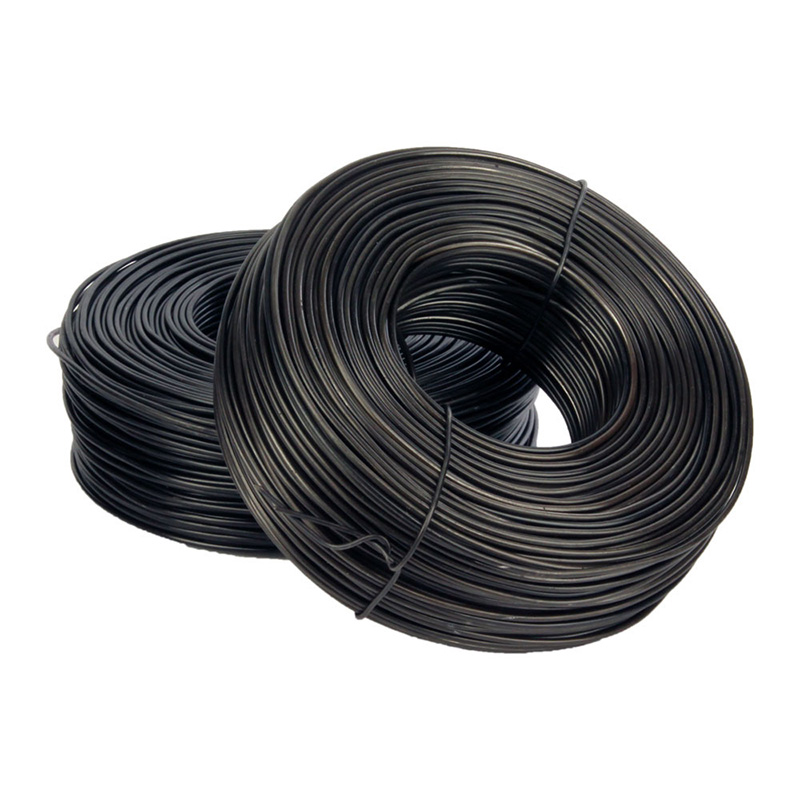
Tie Wire
Production Process of rebar tie wire : Steel rod coil — Wire Drawing — Wire Annealing–Rust Removing–Acid Washing– Boiling– Drying– Zinc Feeding– Wire Coiling. Wires Type 1.Galvaniz […]
Post time: 2023-07-17
